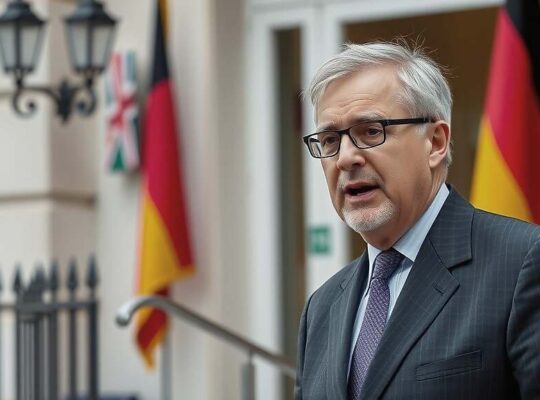Germany’s governing coalition is currently navigating significant disagreements regarding potential social reforms. Chancellor Friedrich Merz (CDU) recently stated at a party conference that the existing social welfare system is no longer financially sustainable given the nation’s economic performance, advocating for a realignment of social policy.
Marc Biadacz, spokesperson for labor and social affairs for the CDU/CSU parliamentary group, emphasized the need for a more differentiated approach. He suggested that individuals capable of working but choosing not to should not be considered in need and therefore ineligible for social support.
Dirk Wiese, parliamentary group manager for the SPD, offered a measured response, framing the Chancellor’s remarks as potentially geared toward energizing party members. He indicated a commitment to accelerated progress on policy initiatives in the coming months, acknowledging the significant domestic and international challenges facing the country.
The Left Party leader, Heidi Reichinnek, expressed concerns that Germany may be entering a period of austerity, warning of potentially harsh consequences for social welfare programs. She proposed solutions such as a universal citizen’s insurance to address inequalities in healthcare and a comprehensive pension system funded by all earners, including parliamentarians. Reichinnek argued that sufficient funding could be secured by reevaluating the “debt brake” policy, particularly in relation to defense spending.
Andreas Audretsch, deputy leader of the Green Party parliamentary group, affirmed the need for social system reforms and increased solidarity in financing them. He cautioned against social cuts and austerity measures, criticizing any suggestions of widespread reductions in welfare programs.
René Springer, spokesperson for social policy for the AfD, countered that the focus should be on eliminating abuse within the social welfare system and reducing costs associated with migration, rather than implementing cuts to pensions, families, or workers.












